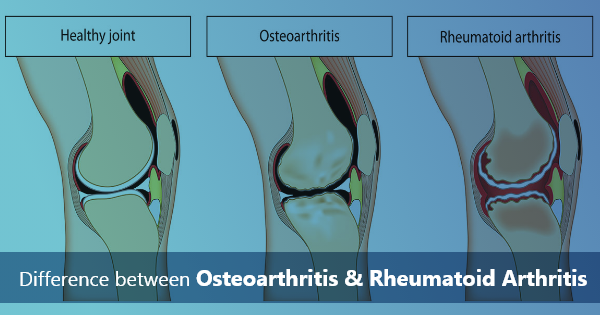Rheumatoid Factor (RF) is an autoantibody that can be found in the blood of individuals with certain autoimmune conditions, primarily rheumatoid arthritis (RA). High levels of rheumatoid factor can be indicative of these autoimmune diseases. In this blog, we will explore the symptoms associated with high rheumatoid factor and its connection to rheumatoid arthritis.
Contents
What is the Rheumatoid Factor?
Rheumatoid factor is an antibody that targets the body’s own healthy tissues, leading to inflammation and damage. High levels of RF in the blood can signal an autoimmune response, which can affect various parts of the body. It’s primarily associated with rheumatoid arthritis, but it can also be present in other autoimmune diseases.
Symptoms of High Rheumatoid Factor
1. Joint Pain and Swelling: One of the most common symptoms associated with high rheumatoid factor is joint pain and swelling. This is often the first sign of rheumatoid arthritis. Affected joints may feel warm to the touch and become stiff, particularly in the morning.
2. Morning Stiffness: Individuals with high RF often experience morning stiffness that can last for several hours. This can be extremely debilitating and impact daily activities.
3. Fatigue: Autoimmune diseases like rheumatoid arthritis can cause profound fatigue, which is not solely related to physical exhaustion but is also a result of the chronic inflammation in the body.
4. Joint Deformities: Over time, high rheumatoid factor can lead to joint deformities. This can cause fingers to become misshapen and limit mobility.
5. Nodules: Some individuals with high RF may develop rheumatoid nodules under the skin. These are firm lumps that can be painful and typically occur near joints.
6. Eye Problems: High rheumatoid factor may lead to eye issues, such as dryness and inflammation, particularly in individuals with Sjögren’s syndrome, a condition often associated with rheumatoid arthritis.
7. Respiratory Symptoms: In severe cases, individuals with high rheumatoid factor may experience lung problems, including inflammation and scarring.
8. Systemic Symptoms: Rheumatoid arthritis is considered a systemic disease, meaning it can affect the whole body. High RF may lead to symptoms such as weight loss, anemia, and a general feeling of being unwell.
Conclusion
High rheumatoid factor levels are often an early indicator of autoimmune conditions like rheumatoid arthritis. Recognizing the symptoms associated with high RF can lead to earlier diagnosis and treatment, which can help manage the condition more effectively. If you suspect you have symptoms of high rheumatoid factor, consult a healthcare professional for a proper evaluation and diagnosis. Early intervention and management are crucial in improving the quality of life for individuals with autoimmune conditions like rheumatoid arthritis.
Frequently asked Questions
Q1:What happens when rheumatoid factors are high?
A1:A positive result on a rheumatoid factor test indicates an elevated level of this antibody in your blood. Increased levels of rheumatoid factor are strongly associated with autoimmune diseases, with a particular emphasis on rheumatoid arthritis.
Q2:How do you treat high rheumatoid factors?
A2:In the treatment of rheumatoid arthritis, medications are typically categorized into three main classes: non-steroidal anti-inflammatory drugs (NSAIDs), corticosteroids, and disease-modifying anti-rheumatic drugs (DMARDs).
Q3:Is rheumatoid factor curable?
A3:Rheumatoid arthritis is considered an incurable condition. The management of rheumatoid arthritis typically requires a collaborative approach involving various healthcare professionals who work together to create a personalized rehabilitation plan based on an individual’s specific needs and preferences. Early diagnosis and effective management can help alleviate symptoms, slow down disease progression, and mitigate the risk of disability.





